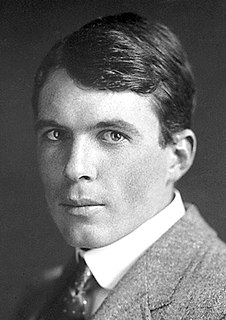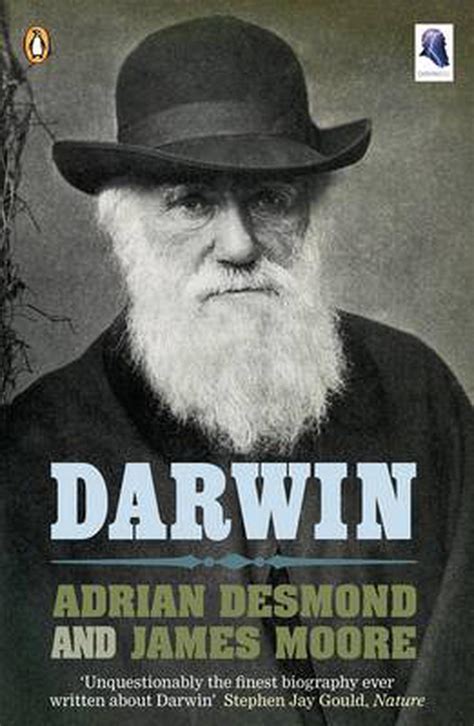A Quote by William Lawrence Bragg
The important thing in science is not so much to obtain new facts as to discover new ways of thinking about them.
Related Quotes
Science is much more than a body of knowledge. It is a way of thinking. This is central to its success. Science invites us to let the facts in, even when they don't conform to our preconceptions. It counsels us to carry alternative hypotheses in our heads and see which ones best match the facts. It urges on us a fine balance between no-holds-barred openness to new ideas, however heretical, and the most rigorous skeptical scrutiny of everything - new ideas and established wisdom.
Science was tearing through the 'fine-spun ecclesiastical cobwebs' to behold a new cosmos, in which our Earth is merely an 'eccentric speck' - a world of evolution 'and unchanging causation'. It invited new ways of thinking. It demanded a new rationale for belief. With science's truths the only accessible ones, 'blind faith' was no longer admirable but 'the one unpardonable sin'.
Facts are neutral until human beings add their own meaning to those facts. People make their decisions based on what the facts mean to them, not on the facts themselves. The meaning they add to facts depends on their current story … facts are not terribly useful to influencing others. People don’t need new facts—they need a new story.
I have three boys. And I wanted to make sure it connected with them and then those guys who grew up like me, in environments like me.And then I knew something about science that your New York Times reader would be interested in. So I was thinking about it in multiple ways: I'll connect with the people who grew up like me first, and then the New York Times reader will be interested in the science because it's so good and they want to be "in the know."
The ability to help others gain insights seems very important to me, and I think one of the most effective, but most difficult, ways is to listen sympathetically when people seem to be saying stupid things or thinking in confused ways. Rather than write them off, we can try to diagnose what is wrong with their thinking - what flawed belief they might be holding. And then search for ways that enables them to discover the flawed belief for themselves.
How can you communicate your thoughts or demonstrate your hypotheses by conventional means when all the values and standards that you want to challenge are built into those means? Science and new technology today like to declare that they encourage 'lateral thinking,' new ways of seeing and putting data together - but all systems have an inbuilt resistance to what has not been programmed into them through the premises on which their rules are based.


































